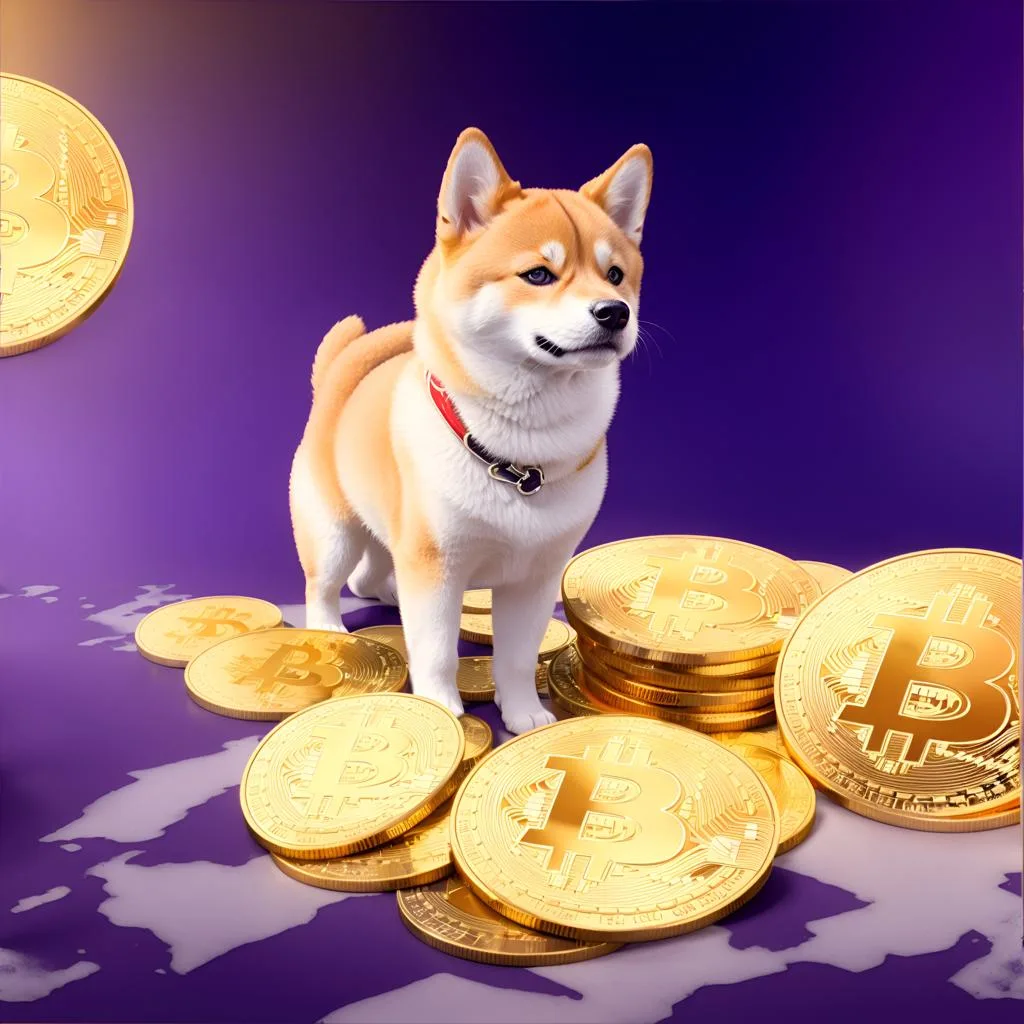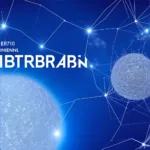
Calcium token was created by the Shiba Inu team as part of their plan to renounce the Bone token contract. However, the developers deemed the token worthless and warned against trading it. Despite this, a bot picked up over 50% of the token’s supply shortly after it went live on the decentralized exchange ShibaSwap. Traders still purchased the token hoping to make a quick profit, but ended up losing money.
Some members of the Shiba Inu community warned against purchasing the token, as it was not intended to be an investable asset. However, a group of community members who claimed to have lost money used their Calcium token holdings to create a new trading pair on Uniswap. They were tired of Shiba Inu’s promises and intended to make Calcium a real project.
Original CAL Token Price Drops
This led to the original CAL token’s price dropping 99% and having an on-chain liquidity of just $4,800 on ShibaSwap. But CAL tokens on the Uniswap DEX racked up $4 million in trading volumes and amassed $164,000 in liquidity. CAL tokens on Uniswap are now sitting at a nearly $2 million capitalization.
Renouncing Smart Contracts
Renouncing a smart contract means that the contract’s creator will no longer have control over it, giving investors a sense of security as the contract can no longer be changed or updated, and is hence saved from possible manipulation by the contract creator. Shiba Inu developers said in a post last week that they would issue Calcium tokens to renounce the contract ownership of Bone. However, the developers warned that the token was created only for a specific purpose and should not be traded as it would not have any future value or need.
Community-Driven Crypto Projects
Crypto projects do not need a developer’s endorsement to work. Community members can rally around any token, seed liquidity on decentralized exchanges (DEXs), and gather outside developers to work on use cases. People bought Calcium tokens, added liquidity, and created a Telegram chat, which then turned into a movement against the Shiba Inu team because of their recent actions against the community and ecosystem.
Calcium Token Gains Traction
Despite the Shiba Inu developers’ warnings, the Calcium token gained traction, and its trading volume increased significantly. The community-driven nature of the project allowed it to grow, even without the support of the original developers. This highlights the power of decentralized projects and the importance of community involvement in the crypto space.
Lessons Learned from Calcium Token
The Calcium token saga serves as a reminder to traders and investors that not all tokens are created equal, and it is essential to conduct thorough research before investing in any crypto project. Additionally, developers should be cautious when creating tokens for specific purposes, as they may inadvertently create opportunities for others to capitalize on their work.
In conclusion, the Calcium token’s journey demonstrates the power of community-driven projects and the potential risks associated with investing in new tokens. While the token was initially deemed worthless by its creators, the community rallied behind it and turned it into a viable project. This highlights the importance of conducting thorough research before investing in any crypto project and the need for developers to be cautious when creating tokens for specific purposes.




